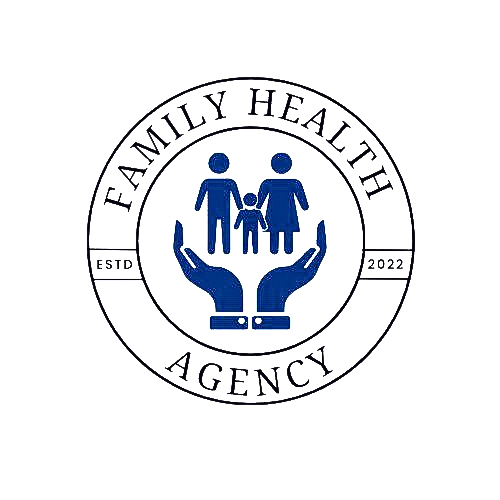
Finding a Doctor 101
Finding the right doctor is crucial for maintaining good health. Whether you’re new to an area, seeking a specialist, or looking for a second opinion, navigating the healthcare system can be daunting. Here’s a step-by-step guide to help you find the right doctor for your needs.
1. Determine the Type of Doctor You Need
- Primary Care Physician (PCP): For general health issues, annual check-ups, and referrals to specialists. Types include:
- Family Physicians: Treat patients of all ages.
- Internists: Specialize in adult medicine.
- Pediatricians: Focus on children’s health.
- Specialists: For specific health issues. Common specialists include:
- Cardiologists: Heart-related issues.
- Dermatologists: Skin conditions.
- Endocrinologists: Hormonal and metabolic disorders.
- Orthopedists: Bone, joint, and muscle issues.
2. Check Your Insurance Plan
- Network Doctors: Ensure the doctor is within your insurance network to avoid higher out-of-pocket costs.
- Coverage Details: Understand what your insurance covers, including specialist visits, lab tests, and procedures.
3. Gather Recommendations
- Friends and Family: Ask for referrals from people you trust.
- Other Healthcare Providers: Get recommendations from your current doctors or healthcare professionals.
- Online Reviews: Check websites like Healthgrades, Zocdoc, and Yelp for patient reviews and ratings.
4. Research Potential Doctors
- Qualifications: Check their credentials, education, board certifications, and years of experience.
- Specialties: Ensure they specialize in the area you need help with.
- Hospital Affiliations: See which hospitals they are affiliated with, especially if you may need hospital care.
- Language and Cultural Compatibility: Find a doctor who speaks your language or understands your cultural needs if that’s important to you.
5. Consider Logistics
- Location: Choose a doctor whose office is conveniently located near your home or workplace.
- Office Hours: Check if their hours align with your schedule and if they offer evening or weekend appointments.
- Availability: Find out how long it takes to get an appointment and their policy on same-day or emergency visits.
6. Schedule a Consultation
- Initial Meeting: Book an initial consultation to see if the doctor is a good fit.
- Office Environment: Observe the office environment, cleanliness, and staff friendliness.
- Doctor Interaction: Assess the doctor’s communication style, attentiveness, and willingness to answer your questions.
7. Evaluate the Doctor-Patient Relationship
- Comfort Level: Ensure you feel comfortable discussing your health concerns with the doctor.
- Trust: Trust in the doctor’s expertise and judgment is crucial for effective healthcare.
- Communication: Good communication is key. The doctor should listen to you, explain things clearly, and respect your opinions and concerns.
8. Make an Informed Decision
- Pros and Cons: Weigh the positives and negatives of your experiences and interactions.
- Long-Term Compatibility: Consider whether the doctor can meet your needs in the long run.
Conclusion
Finding the right doctor involves research, consideration, and sometimes a bit of trial and error. By following these steps, you can find a healthcare provider who meets your needs and provides quality care. Remember, your health is worth the effort of finding the right doctor.


